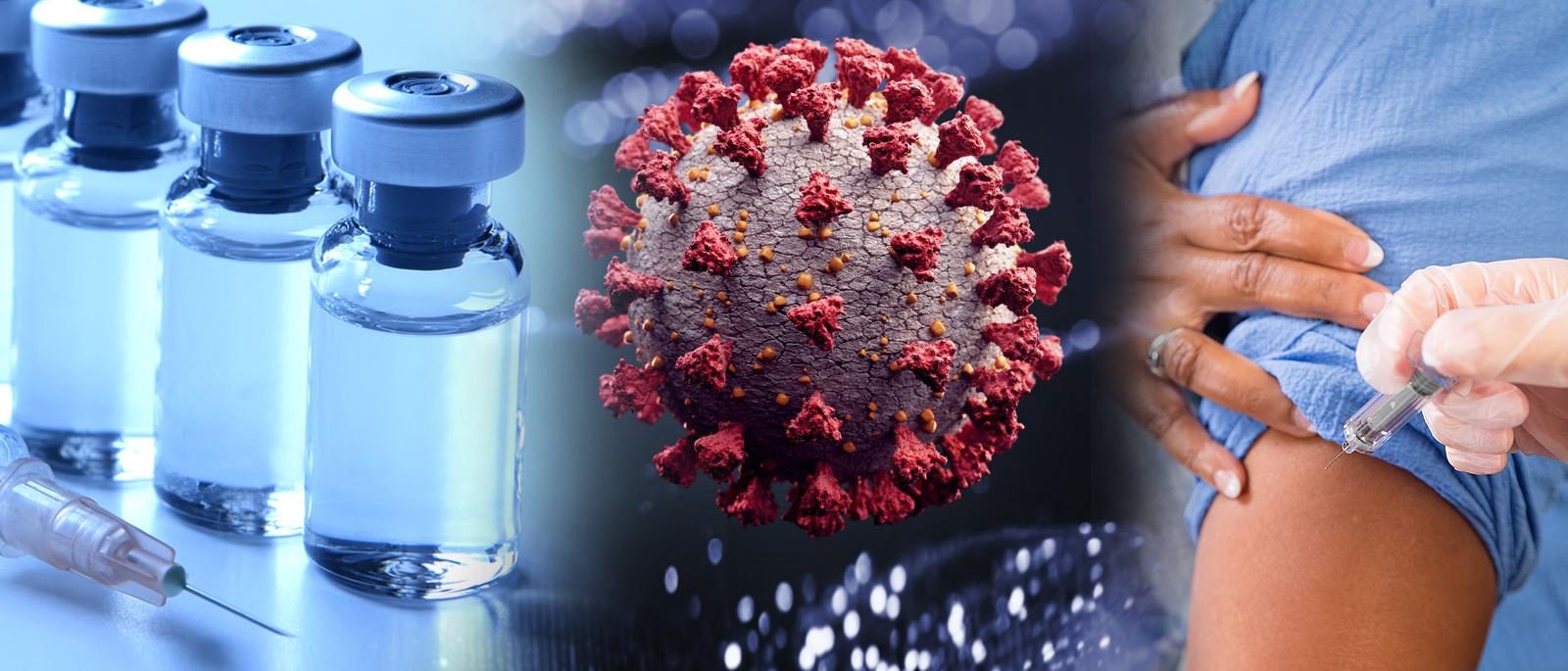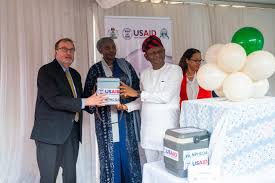A recent study spearheaded by the Centre for Addiction and Mental Health (CAMH) in collaboration with leading researchers in Pakistan has unveiled a transformative approach to addressing postpartum depression (PPD) in fathers. The findings, published in JAMA Psychiatry, mark a significant advancement in mental health care for fathers, particularly in countries like Pakistan, where traditional gender roles often obscure male mental health issues.
The intervention, dubbed the Learning Through Play Plus Dads (LTP + Dads) program, is a low-cost, scalable initiative designed to enhance parenting skills while alleviating depressive symptoms in fathers. This integrated psychosocial intervention has proven effective in improving not only the mental health of fathers but also the developmental outcomes for their children.
Tackling the Stigma of Male Postpartum Depression
“Male mental health, and especially postpartum depression in fathers, remains a stigmatized and understudied area,” said Dr. Ishrat Husain, the study’s lead investigator and senior scientist at CAMH. “While maternal health during pregnancy and the postpartum period has rightfully received attention, we are now recognizing the substantial emotional challenges men face as they adjust to new parental roles, and the need for support in this area.”
Globally, approximately 10% of fathers are affected by postpartum depression, with higher rates—up to 23.5%—reported in societies like Pakistan, where traditional gender norms often prevent men from seeking help. This groundbreaking study aimed to bridge this gap, offering a culturally adapted intervention that empowers fathers to actively participate in parenting while addressing their mental health needs.
Study Design and Findings
The study involved 357 fathers from low-income households in Pakistan, who were randomly assigned to receive either standard care or participate in the LTP + Dads program. Over four months, fathers in the intervention group attended 12 group sessions, which combined cognitive behavioral therapy (CBT) with life skills training on topics such as time management and emotional regulation. These sessions were led by community health workers and psychologists, with the goal of fostering positive parenting practices and managing depressive symptoms.
The results were striking: more than 70% of fathers in the intervention group experienced full remission of depressive symptoms. In addition to improved mental health, the program had a profound impact on family dynamics and child development, with children showing significant improvements in social and emotional skills.
Personal Impact and Stories of Change
Personal stories from participants underscore the life-changing effects of the program. One father shared, “I used to get aggressive with my family, including my children. My child wasn’t close to me, he was attached to his mother. Now, I understand why. I used to think a young child couldn’t understand what was happening around him, but I was wrong. He can not only understand and feel, it also affects him.”
The study also revealed an unexpected but crucial benefit: a reduction in intimate partner violence. Fathers who participated in the intervention reported significantly lower levels of violence toward their partners compared to those receiving standard care. This suggests that improving mental health in fathers can contribute to healthier family environments, reducing the risk of domestic violence and fostering positive relationships.
A Model for Global Impact
Dr. Husain believes that the LTP + Dads program could have a similar impact in other regions, including Canada, where cultural and social pressures also create barriers to seeking mental health support for men. “Similar patterns of male postpartum depression likely occur in Canada, which is a melting pot of different cultures,” he said. “Programs like LTP + Dads could be transformative for men transitioning into parenthood, providing accessible support and a safe space to process emotions.”
Scaling Up: A National Expansion
The success of the study has led to significant further investment. The team has secured $2 million in funding to expand the program nationwide, aiming to include nearly 4,000 fathers and their partners across Pakistan. This expansion will bring the intervention to approximately 8,000 parents, with the goal of integrating it into the national mental health care framework in Pakistan. The long-term vision is to replicate this success in other countries, offering support to parents and improving child development globally.
Conclusion
The LTP + Dads intervention is a beacon of hope for fathers grappling with postpartum depression. By providing essential mental health support in the early stages of fatherhood, the program not only helps fathers reclaim their well-being but also strengthens family bonds and promotes healthier outcomes for children. As this model scales across Pakistan, it holds the potential to redefine how societies approach male mental health, paving the way for a brighter, healthier future for families worldwide.












